Publications
If the world is to eradicate poverty, address climate change and build peaceful, inclusive societies for all by 2030, key stakeholders, including governments, must drive implementation of the Sustainable Development Goals (SDGs) at a faster rate, according to the The Sustainable Development Goals Report 2017, launched by UN Secretary-General Antonio Guterres.
Using the most recent data available, the annual Sustainable Development Goals Report provides an overview of the world’s implementation efforts to date, highlighting areas of progress and areas where more action needs to be taken to ensure no one is left behind. The Sustainable Development Goals Report 2017report found that…
Continued slow global economic growth is likely to leave about 6.5 per cent of the world population extremely poor in 2030 without national actions supported by international cooperation, according to a new report issued by the United Nations today.
A continuation of the status quo would severely hamper efforts to achieve the Sustainable Development Goals by 2030. The Goals call for eliminating poverty by 2030.
According to the 2017 “Financing for Development: Progress and Prospects” report, under current trends, least developed countries (LDCs) are likely to fall short by large margins.
Projections indicating that global gross product will grow at less than 3…
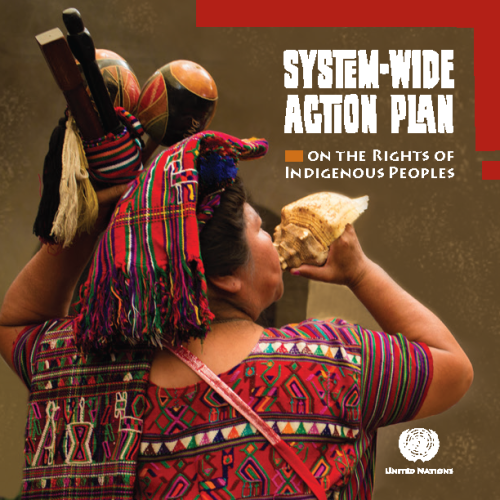
This action plan builds on the momentum and spirit of the 2014 World Conference on Indigenous Peoples and to this end will promote partnership and collaboration between the UN system, civil society organizations, and multilateral bodies such as regional development banks and human rights special procedures and commissions.
This system wide action plan will contribute to the fit for purpose agenda by ensuring stronger linkages between the normative and operational work of the United Nations, increasing coordination and coherence in addressing the rights of indigenous peoples. It calls for strengthened United Nations senior level engagement, encouraging work with Member…
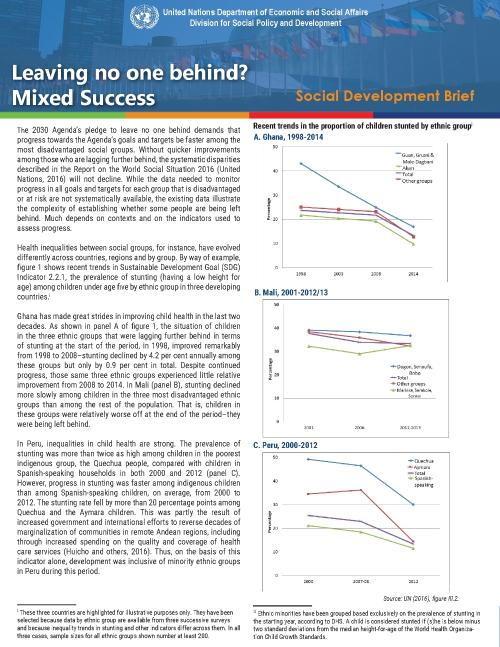
The 2030 Agenda’s pledge to leave no one behind demands that progress towards the Agenda’s goals and targets be faster among the most disadvantaged social groups. Without quicker improvements among those who are lagging further behind, the systematic disparities described in the Report on the World Social Situation 2016 (United Nations, 2016) will not decline. While the data needed to monitor progress in all goals and targets for each group that is disadvantaged or at risk are not systematically available, the existing data illustrate the complexity of establishing whether some people are being left behind. Much depends on contexts and on the indicators used…

In Africa, as in other regions, persons with disabilities are disproportionately likely to live in poverty and, too often, lack access to education, health care, employment opportunities, housing, social protection systems, justice, cultural expression and participation in political life. The ability of persons with disabilities to participate in society is often frustrated because physical environments, transportation and information and communications systems are not accessible.
In this context, a Toolkit on Disability for Africa has been developed by the United Nations Department of Economic and Social Affairs (UNDESA), Division for Social Policy and Development (DSPD). It is…
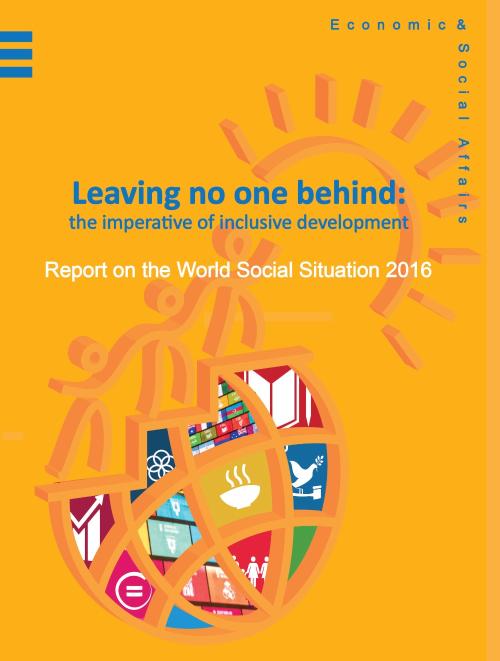
Despite unprecedented social progress around the world, many people continue to face social exclusion and limited access to social, economic and political opportunities, warns a new United Nations report. The 2016 Report on the World Social Situation, entitled Leaving No One Behind – The Imperative of Inclusive Development, released today by UN DESA, examines the social, economic and political disadvantages that some groups of the population face, namely youth, older persons, ethnic minorities, indigenous peoples, migrants and persons with disabilities.
It also makes policy recommendations to help governments overcome development hurdles and address barriers that limit people’s…
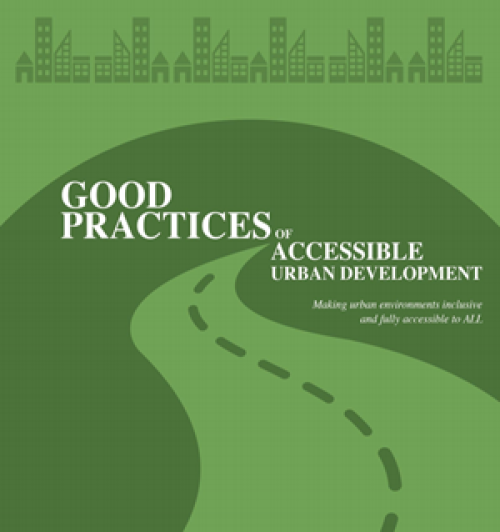
By 2050, it is expected that about 6.25 billion people, 15 per cent of whom are persons with disabilities, will be living in urban centres. Urbanization has the potential to be an engineer for achieving sustainable and inclusive development for all. This new publication on “Good Practices of Accessible Urban Development” illustrates and encourages more initiatives and concrete actions from both developing and developed countries in advancing urban development to be accessible and inclusive to all, including persons with disabilities and other special needs.
Highlighting key experiences and lessons learned from 24 case studies, the publication contributes to the ongoing discourse…
Launching the first-ever Sustainable Development Goals report on the new global development agenda adopted in 2015, Secretary-General Ban Ki-moon said that the 15-year undertaking was “off to a good start” but would require all parts of the UN family and its partners to work together.
“We have embarked on a monumental and historic journey,” the Secretary-General told the UN High-level Political Forum on Sustainable Development (HLPF), which opened on 11 July and ended on 20 July 2016, at the UN Headquarters in New York.
“We must all learn, in national governments, in local authorities, in business and civil society, and also at the United Nations, to think differently,” he…
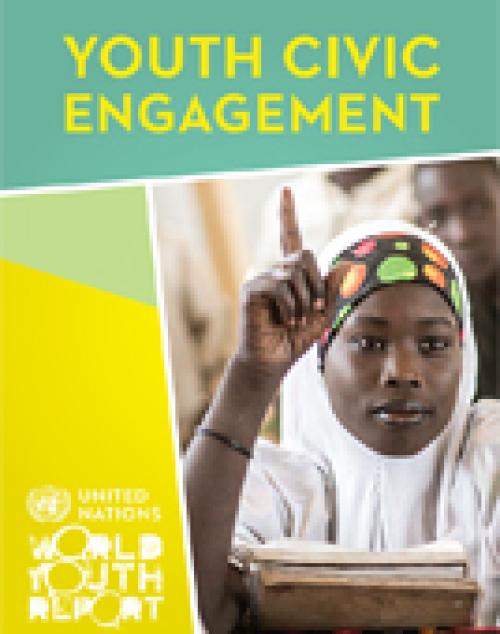
The responsibility for finding solutions to the problems affecting young people – such as unemployment, low representation in political processes, and social exclusion – lies largely with Governments, according to a United Nations report on youth engagement released today.
The World Youth Report on Youth Civic Engagement, compiled by the UN Department of Economic and Social Affairs (DESA), explores young people’s participation in economic, political and community life, and is intended to serve as an impetus and tool for policy discussion between youth and government.
On economic engagement, the report notes that unemployment affects more than 73 million young people…
The first edition of the report of the Inter-agency Task Force on Financing for Development maps out the commitments and action items contained in the Addis Ababa Action Agenda and lays out how the Task Force will monitor their implementation in future years.
The Task Force has carefully gone through the full range of these commitments and action items to create a framework for monitoring. It compiled them into nine chapters — on cross-cutting issues, the seven action areas of the Addis Agenda, and on data. In each chapter, commitments and actions are organized by thematic clusters, for which the Task Force presents options for monitoring.
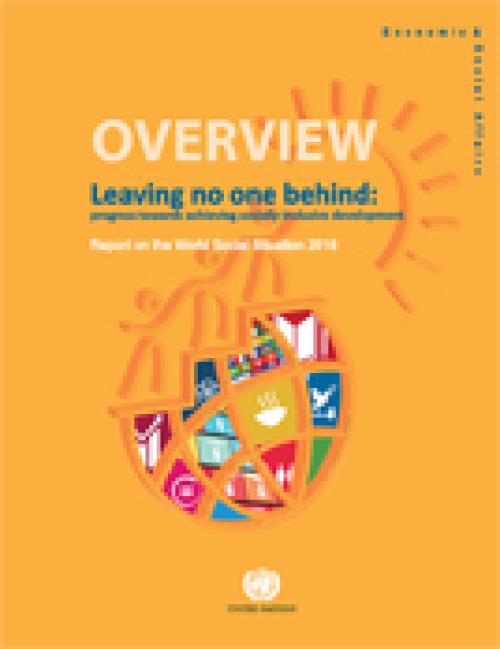
In adopting the 2030 Agenda for Sustainable Development, world leaders committed themselves to leaving no one behind in pursuit of the eradication of extreme poverty and protection of the planet. Through concerted efforts galvanized by the MDGs, the world has made progress in reducing poverty, but social exclusion persists in both developed and developing countries. At the same time, some countries have been able to effectively promote inclusion even at low levels of income and development.
This volume of the Report on the World Social Situation (RWSS) will focus on social inclusion. In particular, it will examine patterns of social exclusion and will assess whether growth…
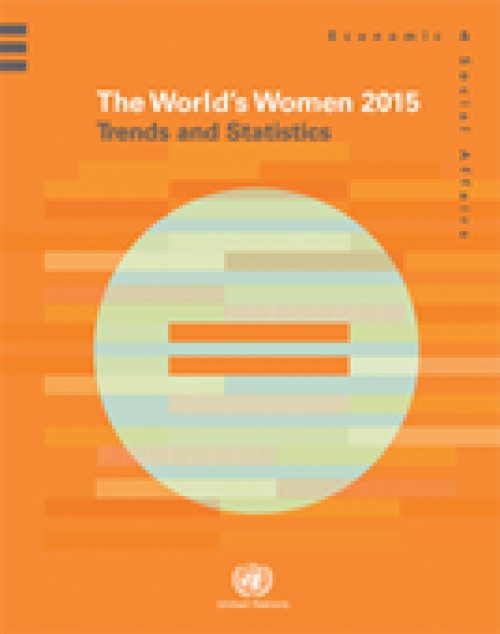
The lives of women and girls around the world have improved in several areas over the last 20 years, according to the new UN DESA report “The World’s Women 2015,” launched today. Coming on the heels of the recently adopted Sustainable Development Goals (SDGs), this new set of data on women and girls worldwide brings into sharp perspective the need for gender equality outlined in Goal 5.
“We cannot achieve our 2030 Agenda for Sustainable Development without full and equal rights for half of the world’s population, in law and in practice,” said UN Secretary-General Ban Ki-moon at a recent event on gender equality organized on the side of the Sustainable Development Summit.…
 Welcome to the United Nations
Welcome to the United Nations